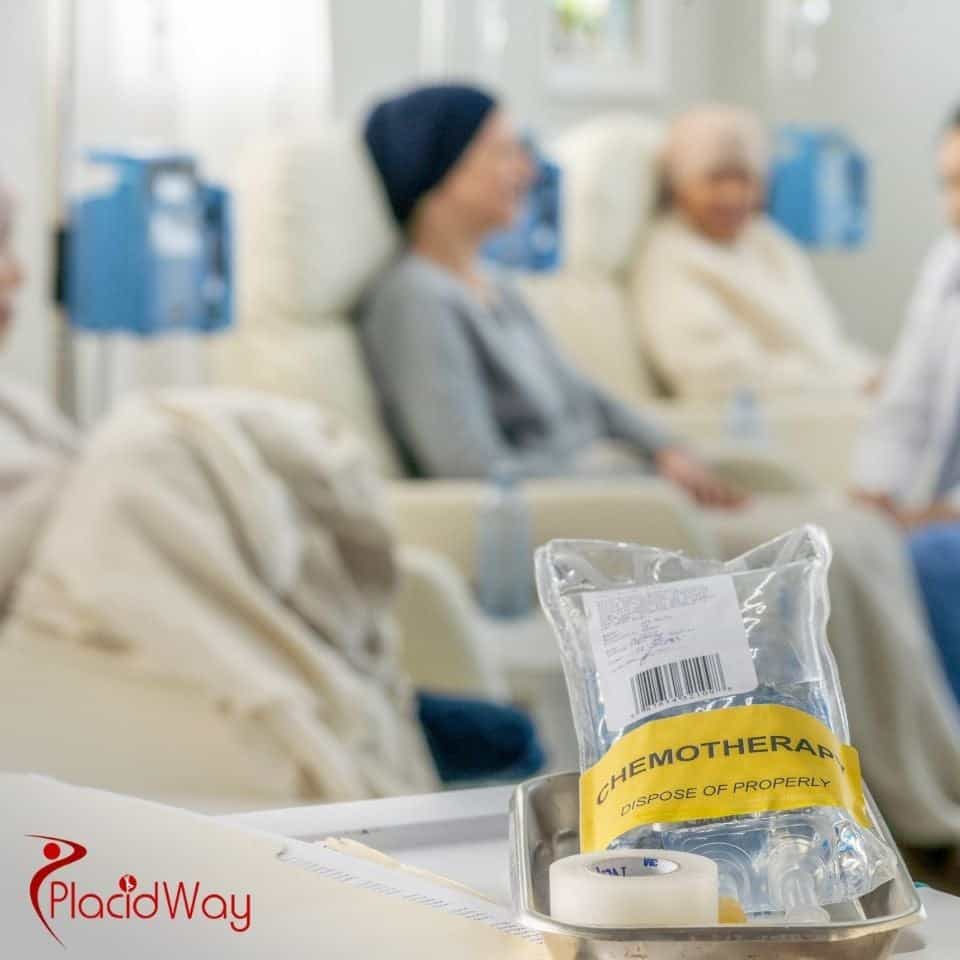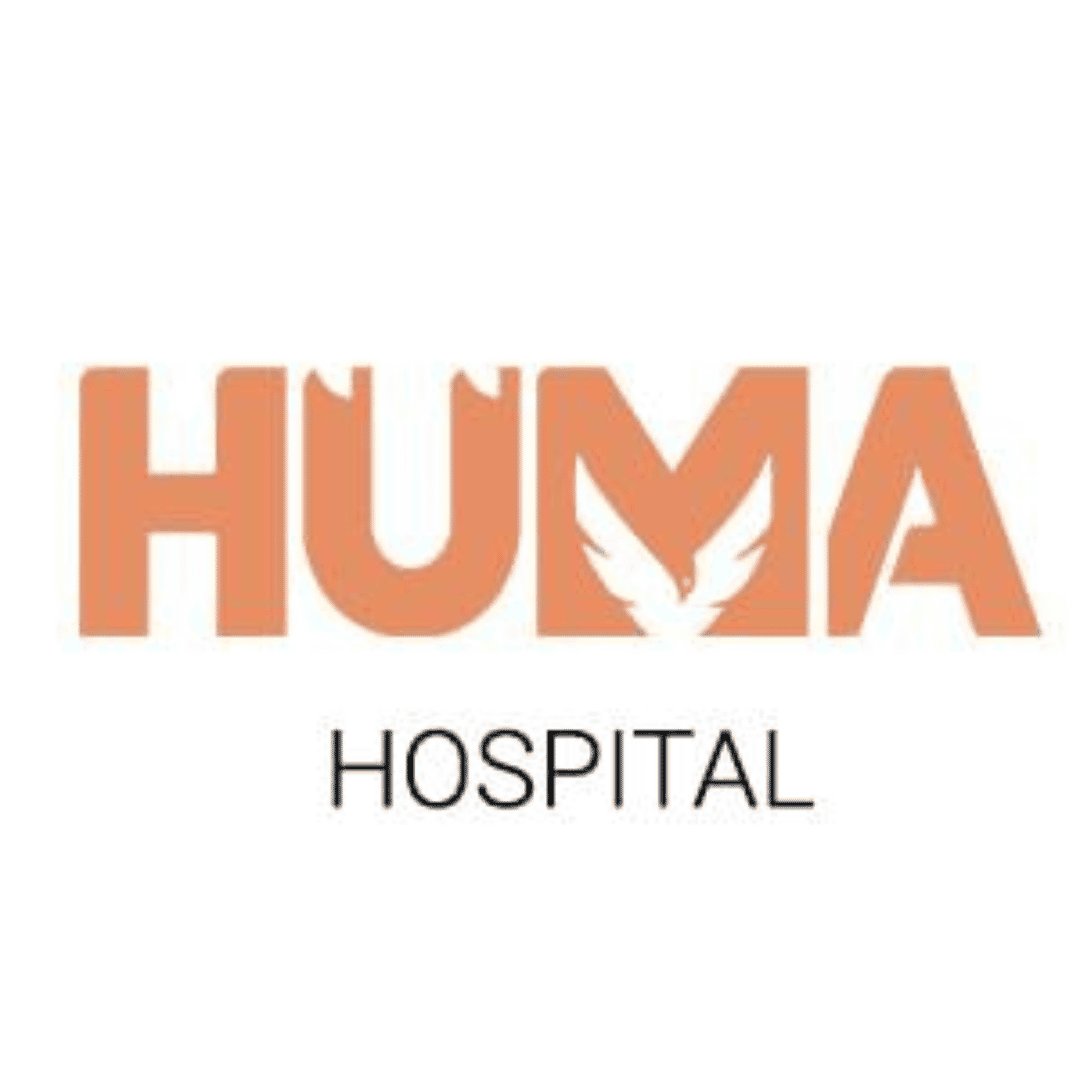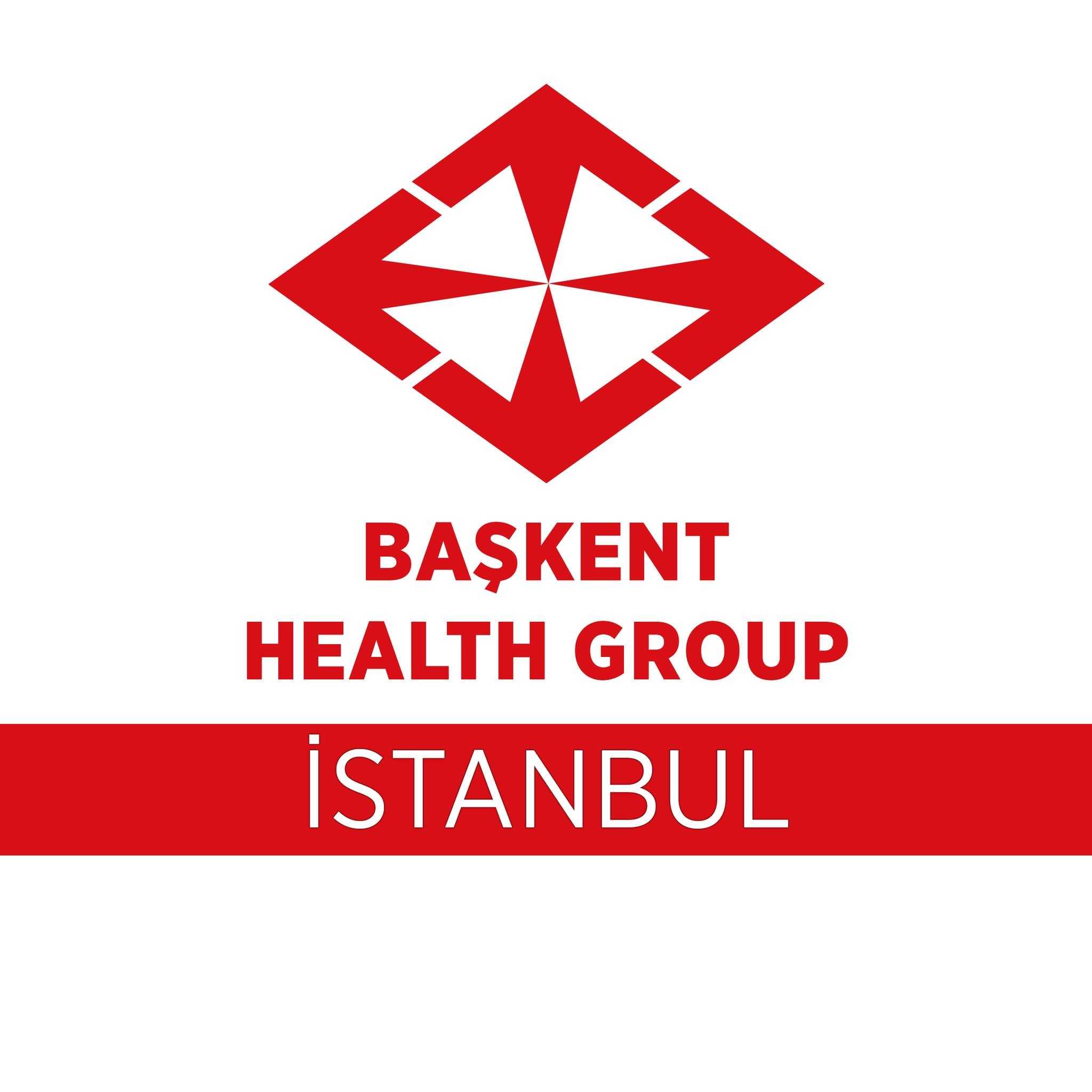Lung Cancer Treatment Prices in Turkey
.png)
Being diagnosed with lung cancer can be an overwhelming experience, raising many questions, especially concerning treatment options and associated costs. Turkey has emerged as a prominent destination for medical tourism, offering high-quality lung cancer treatment at a more affordable price compared to many Western countries. This blog post aims to provide comprehensive information on the various aspects of lung cancer treatment in Turkey, focusing on answering common questions regarding costs, procedures, and what patients can expect. Our goal is to offer clear, precise answers to help individuals make informed decisions about their healthcare journey.
What Factors Influence the Cost of Lung Cancer Treatment in Turkey?
"The cost of lung cancer treatment in Turkey is influenced by several factors, including the stage and type of cancer, the specific treatment modalities required (e.g., surgery, chemotherapy, radiation therapy, targeted therapy, immunotherapy), the hospital's prestige and location, the duration of hospital stay, and any additional services like diagnostics and post-treatment care."
The total cost of lung cancer treatment is not a fixed sum but a dynamic figure influenced by numerous variables. The complexity of your condition, determined by the type of cancer (non-small cell or small cell) and its stage of progression, plays a crucial role. Early-stage cancers might only require surgery, while advanced stages often necessitate a combination of therapies, significantly impacting the overall expense.
Furthermore, the choice of medical facility in Turkey can affect the cost. Highly accredited hospitals with cutting-edge technology in major cities like Istanbul may have higher prices than smaller clinics. The duration of your hospital stay, the number of chemotherapy or radiation cycles, and the specific drugs used in targeted or immunotherapy also contribute to the final bill.
What are the Typical Costs for Different Lung Cancer Treatment Modalities in Turkey?
"Individual lung cancer treatment modalities in Turkey have varying costs: surgery can range from $3,500 to $11,500, chemotherapy sessions typically cost $1,100 to $2,900 per cycle, radiation therapy can be $2,700 to $6,200 per course, targeted therapy ranges from $1,700 to $4,000, and immunotherapy from $2,200 to $4,500 per session."
Each treatment approach for lung cancer comes with its own cost structure. Surgical procedures, such as lobectomy, pneumonectomy, or segmentectomy, vary in price depending on the extent of the operation and the surgical technique used (e.g., minimally invasive VATS vs. open surgery). Chemotherapy and radiation therapy costs are often calculated per session or cycle, with the total depending on the prescribed treatment plan. Newer, advanced treatments like targeted therapy and immunotherapy involve specialized drugs that can be more expensive, and their cost is typically per administration.
It's important to understand that these are approximate ranges, and a detailed treatment plan will provide a more precise estimate. Many clinics in Turkey offer package deals that may include diagnostics, treatment, and follow-up, which can sometimes be more cost-effective.
Why is Lung Cancer Treatment More Affordable in Turkey?
"Lung cancer treatment in Turkey is more affordable due to a combination of favorable exchange rates, lower operating costs for medical facilities, government support for medical tourism, and high competition among clinics."
Turkey's economic landscape, particularly the exchange rate of the Turkish Lira against major foreign currencies, significantly contributes to the lower costs for international patients. What might be expensive in USD or EUR becomes more accessible when converted to TRY. Additionally, the general cost of living and labor in Turkey is lower than in many Western countries, which translates to reduced overheads for hospitals, allowing them to offer competitive prices without compromising quality.
The Turkish government has actively promoted medical tourism, investing in healthcare infrastructure and offering incentives to hospitals to attract international patients. This strategic focus has led to a robust and competitive healthcare market, where clinics vie for patients by offering high-quality services at attractive prices.
What is the Quality of Lung Cancer Care in Turkish Hospitals?
"Many Turkish hospitals providing lung cancer care hold international accreditations, such as Joint Commission International (JCI), indicating that they adhere to stringent global standards for patient safety and quality of care. They are equipped with state-of-the-art medical technology and employ highly qualified oncologists and surgeons."
Turkey has made significant strides in modernizing its healthcare sector, with numerous hospitals achieving international recognition for their quality of care. JCI accreditation is a strong indicator of a hospital's commitment to excellence, ensuring that patients receive care comparable to leading institutions worldwide. Turkish hospitals are often equipped with the latest diagnostic imaging technologies, advanced surgical suites for minimally invasive procedures, and sophisticated radiation therapy machines.
Furthermore, many oncologists and thoracic surgeons in Turkey have received training and experience from prestigious institutions globally, bringing a wealth of expertise to their practice. They work within multidisciplinary teams, ensuring a comprehensive and personalized approach to lung cancer treatment.
What Diagnostic Tests are Included in Lung Cancer Treatment Costs?
"Standard diagnostic tests for lung cancer in Turkey typically include CT scans, PET scans, biopsies (e.g., bronchoscopy, needle biopsy), and blood work, which are usually part of the initial assessment package or factored into the overall treatment cost."
Before any lung cancer treatment begins, a precise diagnosis and staging of the disease are crucial. This involves a series of diagnostic tests to determine the type of cancer, its size, location, and whether it has spread. These tests are essential for developing an effective treatment plan. While the cost of these tests might sometimes be itemized separately, many hospitals offer diagnostic packages for international patients, providing a clearer upfront cost.
These diagnostics are performed using advanced equipment to ensure accuracy, which is vital for effective treatment. For instance, PET-CT scans are commonly used to identify cancerous lesions and assess their metabolic activity, guiding treatment decisions.
How Long Does Lung Cancer Treatment in Turkey Typically Last?
"The duration of lung cancer treatment in Turkey varies widely; surgery might involve a hospital stay of 3-7 days, while chemotherapy or radiation therapy can extend over several weeks to months, depending on the number of cycles prescribed, and immunotherapy or targeted therapy may require ongoing sessions over a longer period."
The length of your stay and the overall duration of treatment depend entirely on your individual lung cancer diagnosis and the chosen therapeutic approach. A surgical procedure is usually followed by a recovery period in the hospital before discharge. However, systemic treatments like chemotherapy and immunotherapy are administered in cycles, often with breaks in between, meaning the entire course of treatment can span several months.
For international patients, it's important to consider not only the treatment duration but also the time needed for initial consultations, diagnostic procedures, and potential follow-up appointments. Many medical tourism agencies assist with travel and accommodation arrangements to facilitate this extended stay.
Are There Any Hidden Costs in Lung Cancer Treatment in Turkey?
While Turkey is known for its affordable healthcare, it's always wise to inquire about all potential costs upfront. Leading hospitals and medical tourism facilitators aim for transparency, offering detailed breakdowns of what is included in their treatment packages. These packages often cover the core medical procedures, hospital stay, and initial consultations.
However, ancillary expenses like travel, lodging for family members, and day-to-day living costs are typically separate. It's also advisable to clarify if post-treatment medications and any potential complications are covered or if they will incur extra charges. Asking for a comprehensive quote that outlines every aspect of the treatment and associated services is crucial to avoid surprises.
What is the Recovery Process and Post-Treatment Care for Lung Cancer in Turkey?
"The recovery process after lung cancer treatment in Turkey involves a hospital stay, followed by physiotherapy, regular follow-up appointments (scans, blood tests), and potential rehabilitation programs to regain strength and lung function. Many Turkish hospitals offer comprehensive post-treatment care and support services."
Recovery from lung cancer treatment is a personalized journey. Following surgery, patients typically spend several days in the hospital for monitoring and initial recovery. Physiotherapy and breathing exercises often begin early to help restore lung function. For patients undergoing chemotherapy or radiation, managing side effects and maintaining overall well-being is a key part of post-treatment care.
Turkish hospitals often emphasize a holistic approach to patient care, providing instructions for home recovery, wound care, and medication management. Regular follow-up appointments, including scans and blood tests, are vital to monitor recovery and detect any signs of recurrence. Some facilities also offer access to support groups or psychological counseling to help patients cope with the emotional aspects of cancer recovery.
What are the Different Types of Lung Cancer Treated in Turkey?
"Turkish hospitals treat both major types of lung cancer: Non-Small Cell Lung Cancer (NSCLC), which accounts for most cases and includes adenocarcinoma, squamous cell carcinoma, and large cell carcinoma; and Small Cell Lung Cancer (SCLC), which is less common but tends to be more aggressive."
The approach to lung cancer treatment largely depends on the specific type of cancer diagnosed. NSCLC is the more prevalent form and often has various subtypes, each potentially responding differently to certain therapies. SCLC, while less common, is known for its rapid growth and tendency to spread quickly, often requiring more aggressive systemic treatments from the outset.
Turkish medical professionals are adept at diagnosing and treating both types, utilizing specialized diagnostic tools to identify the precise cellular characteristics of the tumor. This allows for highly individualized and effective treatment plans.
What Innovative Technologies are Used for Lung Cancer Treatment in Turkey?
"Turkish oncology centers utilize innovative technologies for lung cancer treatment such as minimally invasive robotic-assisted surgery (e.g., Da Vinci system), CyberKnife and other advanced radiotherapy systems, PET-CT scans for precise staging, and molecular testing for personalized targeted therapies and immunotherapies."
Turkey's commitment to advancing its healthcare sector is evident in the adoption of cutting-edge technologies for lung cancer treatment. Robotic-assisted surgery, like the Da Vinci system, allows surgeons to perform complex lung resections with greater precision, smaller incisions, and potentially faster recovery times. Advanced radiation therapy systems, such as CyberKnife, deliver highly focused radiation doses to tumors, minimizing damage to surrounding healthy tissue.
Furthermore, the rise of precision medicine means that Turkish hospitals are increasingly using molecular testing to identify specific genetic mutations in lung cancer cells. This information guides the selection of targeted therapies and immunotherapies, tailoring treatment to the unique genetic profile of each patient's cancer, leading to more effective and less toxic outcomes.
How Do I Choose a Hospital for Lung Cancer Treatment in Turkey?
"When choosing a hospital for lung cancer treatment in Turkey, consider international accreditations (like JCI), the experience and specialization of the oncologists and surgeons, patient reviews and testimonials, the range of technologies and services offered, and the transparency of pricing and package deals."
Selecting the right hospital is a crucial step in your lung cancer treatment journey. Prioritize facilities with international accreditations, as these signify adherence to global standards of quality and safety. Research the credentials and experience of the medical team, particularly the oncologists and thoracic surgeons who will be directly involved in your care. Reading patient reviews and testimonials can offer valuable insights into the patient experience at different institutions.
Additionally, assess the hospital's technological capabilities and the breadth of lung cancer treatment options they provide. Finally, ensure complete transparency regarding costs and what is included in any proposed treatment packages. Many medical tourism facilitators can assist in this process, helping you find a hospital that best suits your medical needs and budget.
What is the Success Rate of Lung Cancer Treatment in Turkey?
"The success rate of lung cancer treatment in Turkey is comparable to leading global centers, thanks to the use of advanced technologies, multidisciplinary approaches, and highly skilled medical professionals. Success rates depend heavily on the type and stage of cancer, the patient's overall health, and adherence to the treatment plan."
While specific success rates for lung cancer treatment can vary widely based on individual patient factors, Turkey's medical outcomes are generally on par with those in other developed countries. The combination of modern infrastructure, experienced medical teams, and the adoption of cutting-edge therapies contributes to positive results.
Early diagnosis and appropriate, aggressive treatment are key factors in improving prognosis. Turkish hospitals often follow international guidelines for cancer care, ensuring that patients receive evidence-based and effective interventions. Patients frequently report positive experiences and successful outcomes, emphasizing the quality of care received.
What are the Benefits of Choosing Turkey for Lung Cancer Treatment?
"Choosing Turkey for lung cancer treatment offers several benefits, including significantly lower costs compared to Western countries, high-quality medical care in internationally accredited facilities, access to advanced medical technologies, experienced and English-speaking medical professionals, reduced waiting times, and comprehensive medical tourism services."
The appeal of Turkey as a destination for lung cancer treatment goes beyond just affordability. Patients can access world-class medical facilities without the long waiting lists often found in other countries. The presence of English-speaking medical staff and dedicated international patient departments helps to bridge communication gaps and ensures a smoother experience for foreign visitors.
Furthermore, many medical tourism agencies facilitate the entire process, from initial consultations and travel arrangements to accommodation and post-treatment follow-up, making the journey less stressful for patients and their families. This combination of quality, accessibility, and cost-effectiveness makes Turkey a compelling choice for those seeking lung cancer treatment.
For those considering lung cancer treatment or other healthcare services, we encourage you to explore the solutions offered by PlacidWay.




.png)
.png)



.png)
.png)








Share this listing